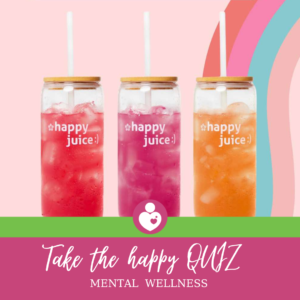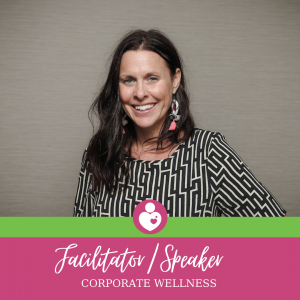Yesterday was R U Ok day which is a charity that was set up to educate and inspire us to meaningfully connect in with our friends, families and colleagues.
My eldest was connected with 2 teenage suicides last year. He is only 14.
THIS IS NOT OKAY.
We may feel like we are connected to the people around us, but do we know what is going on for them on the inside? We need to be reminded that most of us mask how we are truly feeling.
According to the World Health Organization, 800,000 people die from suicide every year, that is one person every 40 seconds. Every suicide is a tragedy and can be prevented. Suicide is a complex public health problem. For people aged 15-44, suicide is the leading cause of death, and its impacts on communities are far reaching.
A recent study published by Harvard in 2023 claimed that 1 in 2 people will have a mental health crisis in their lives. That is a frightening statistic.
Will it be you or me?
R U Ok advise us that we do not need to be an expert to reach out – just be a good friend and a great listener.
Use four steps and have a conversation that can change a life –
https://www.ruok.org.au
1 Ask R U OK?
2. Listen
3.Encourage Action
4. Check-in
However, before we ask others if they are ok, we first must connect in to how we are truly feeling.
Are YOU OK?
I am a wellbeing consultant and each week I facilitate conversations with global corporations. I teach them about their mental health, work-life balance, stress management, meditation and mindfulness techniques, intuitive intelligence, self-care, navigating change and building resilience.
Yesterday I presented to an awesome company sharing with them how to cope in a crisis using an EAP service. One of their staff bravely shared her journey over coming post natal depression. I resonated so deeply.
Each session is an invitation to start a journey of self-awareness and an opportunity for employees to check-in. Companies are taking responsibility for the mental wellbeing of their staff, and it is so wonderful to see these practices and philosophies being shared on such a large scale. Our future has an ancient heart.
Yet, there is so still so much heaviness around us. So much has changed in the past 3 years. We are madly trying to juggle kids, family, work, relationships, and keep our health and sanity.
90% of all illness is caused by stress and we are living under extreme stress. As human beings we can only take so much until we become so overloaded, like our laptops, we catch a virus and we shut down.
We need to learn to slow down, to rest and to set boundaries. Each day we have a choice. We can learn to focus on what we can control. Our wellbeing is in our control. Our emotional feeling state is directly affected by our environments, how much sleep we have had, what we are watching on Netflix, how much time we are on social media, what we are eating and how much we are moving our bodies.
When we work long hours spending all day on screens, we self soothe by winding down with alcohol and then we wake up with caffeine. We are not allowing our bodies to rest and regenerate. We are overstimulating our nervous systems causing us to experience anxiety about what the future will bring. We get stuck in a cycle and feel exhausted and our ability to cope and capacity for resilience diminishes.
When I facilitate a wellness session, I ask participants to rate how stressed they are feeling on a scale of 1 to 10 at the beginning and the end of the session. We need to reduce our stress, but many of us do not know how to do this.
If we do not focus on our wellness, we will be forced to prioritize our illness.
Deloitte Global Millennials Study 2020 found almost half of the people surveyed felt stressed or anxious all or most of the time. Two of the most common mental health conditions, depression and anxiety, cost the global economy $1 trillion each year.
“Despite this stark picture, mental health remains low down the list of priorities for many workplaces. This can have a wide range of negative effects on employees, which manifests in a loss of employee engagement, customer satisfaction and productivity for businesses.
For those companies that recognise mental health as a priority, there remains a lack of accessible information as to the methods that are most effective when it comes to mental health in the workplace.
Mental health is another global health crisis. And for global progress to be made, mental health in the workplace must be a priority for all business leaders globally.
Today I have applied to study a post graduate diploma in neuroscience and mental health. I want to part of the desperate change that is needed in suicide prevention, youth and adolescence and understanding the latest research on how to improve mental health in our communities.
Please reach out if you need support.
Thanks for reading,
Leonie












